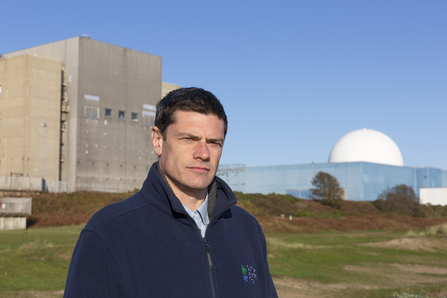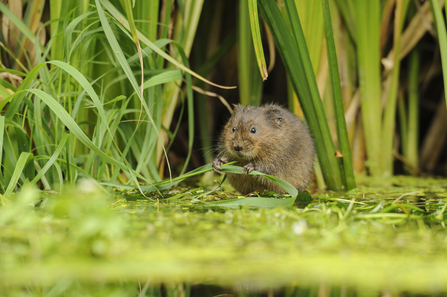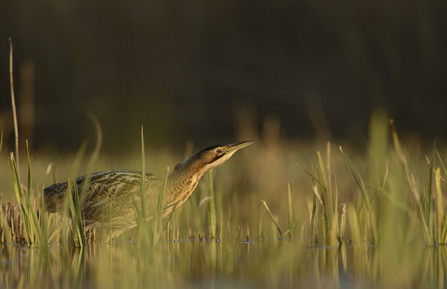We have highlighted concerns about the timing of proceeding with this decision, amid a public health crisis, which is likely to impact public scrutiny of plans.
The charities have not seen the evidence from EDF that Sizewell C can be built without detrimentally impacting internationally and nationally important landscapes, habitats and species of the Suffolk coast, at RSPB Minsmere nature reserve, Sizewell Belts Site of Special Scientific Interest (SSSI), and beyond.





